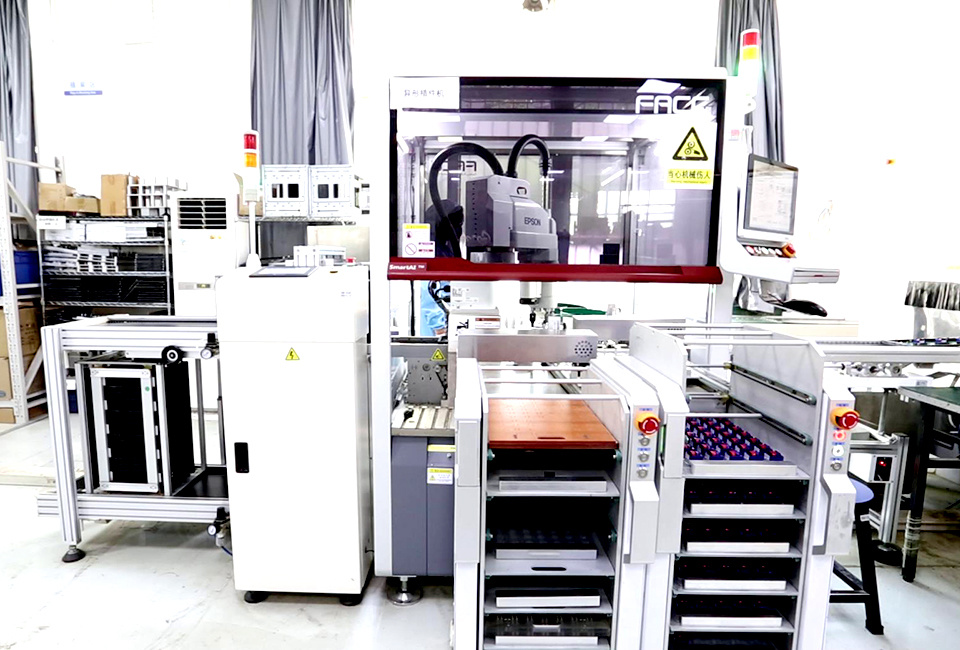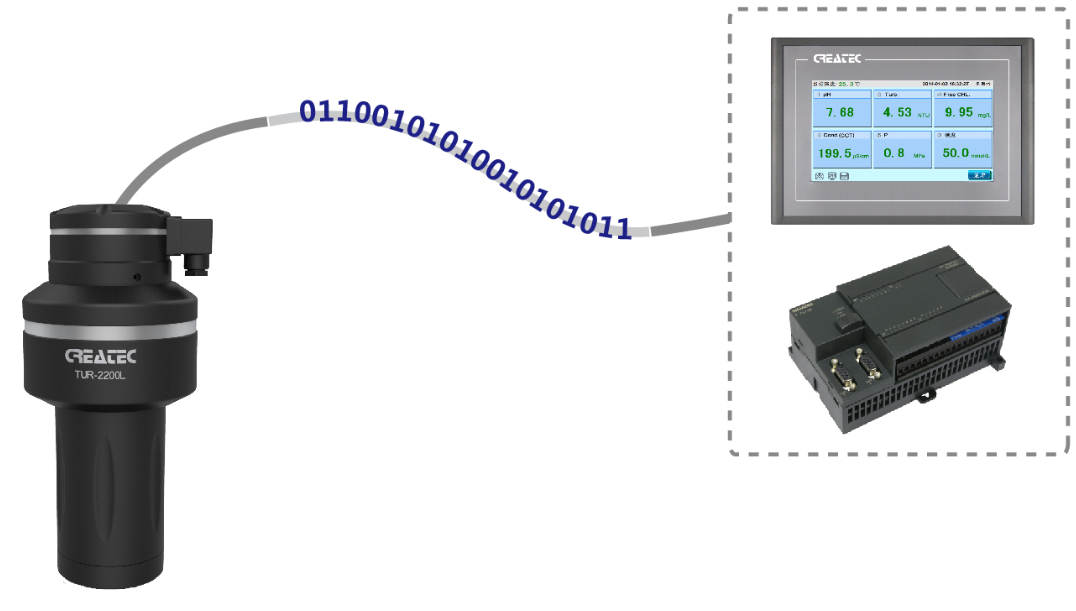Understanding the Functionality and Benefits of Single Stage RO Controllers in Water Quality Analysis
2025-06-12
In the pharmaceutical and healthcare sectors, water quality is of paramount importance. One of the critical components in maintaining high water quality is the Single Stage RO Controller. This device plays a vital role in ensuring that the reverse osmosis (RO) systems operate efficiently and effectively, thereby delivering purified water that meets stringent industry standards.
A Single Stage RO C
In the pharmaceutical and healthcare sectors, water quality is of paramount importance. One of the critical components in maintaining high water quality is the Single Stage RO Controller. This device plays a vital role in ensuring that the reverse osmosis (RO) systems operate efficiently and effectively, thereby delivering purified water that meets stringent industry standards.
A Single Stage RO Controller is designed to regulate and monitor the operation of a reverse osmosis system. These controllers manage the pressure and flow rates, ensuring that the water being processed is filtered correctly. By maintaining optimal operating conditions, the controller helps to maximize the efficiency of the RO system, resulting in a higher yield of purified water.
One of the key advantages of using a Single Stage RO Controller is its ability to automate the purification process. This automation reduces the need for manual intervention, thereby minimizing the risk of human error. For professionals in the pharmaceutical industry, this means that water quality can be maintained consistently and reliably, allowing for compliance with regulatory standards.
Moreover, Single Stage RO Controllers come equipped with advanced monitoring capabilities. These features allow users to track important parameters such as inlet pressure, permeate flow, and recovery rates in real-time. By analyzing this data, professionals can quickly identify any deviations from the norm and take corrective actions to prevent potential issues. This proactive approach to water quality management not only enhances system performance but also extends the lifespan of the RO membrane and other components.
Another noteworthy benefit of Single Stage RO Controllers is their contribution to cost savings. By optimizing the RO process, these controllers help to reduce water wastage and energy consumption, leading to lower operational costs. For healthcare facilities and pharmaceutical companies, this can translate into significant financial savings over time, making the investment in such technology worthwhile.
In summary, Single Stage RO Controllers are integral to maintaining high standards of water quality in the pharmaceutical and healthcare industries. Their ability to automate processes, monitor crucial parameters, and contribute to cost savings make them invaluable tools for professionals focused on water quality analysis. Implementing a Single Stage RO Controller can ultimately enhance operational efficiency, ensure compliance, and support the overall goal of providing safe, purified water for various applications.
A Single Stage RO Controller is designed to regulate and monitor the operation of a reverse osmosis system. These controllers manage the pressure and flow rates, ensuring that the water being processed is filtered correctly. By maintaining optimal operating conditions, the controller helps to maximize the efficiency of the RO system, resulting in a higher yield of purified water.
One of the key advantages of using a Single Stage RO Controller is its ability to automate the purification process. This automation reduces the need for manual intervention, thereby minimizing the risk of human error. For professionals in the pharmaceutical industry, this means that water quality can be maintained consistently and reliably, allowing for compliance with regulatory standards.
Moreover, Single Stage RO Controllers come equipped with advanced monitoring capabilities. These features allow users to track important parameters such as inlet pressure, permeate flow, and recovery rates in real-time. By analyzing this data, professionals can quickly identify any deviations from the norm and take corrective actions to prevent potential issues. This proactive approach to water quality management not only enhances system performance but also extends the lifespan of the RO membrane and other components.
Another noteworthy benefit of Single Stage RO Controllers is their contribution to cost savings. By optimizing the RO process, these controllers help to reduce water wastage and energy consumption, leading to lower operational costs. For healthcare facilities and pharmaceutical companies, this can translate into significant financial savings over time, making the investment in such technology worthwhile.
In summary, Single Stage RO Controllers are integral to maintaining high standards of water quality in the pharmaceutical and healthcare industries. Their ability to automate processes, monitor crucial parameters, and contribute to cost savings make them invaluable tools for professionals focused on water quality analysis. Implementing a Single Stage RO Controller can ultimately enhance operational efficiency, ensure compliance, and support the overall goal of providing safe, purified water for various applications.
Single Stage RO Controller
RELATED NEWS
2025-06-12
In the pharmaceutical and healthcare sectors, water quality is of paramount importance. One of the critical components in maintaining high water quality is the Single Stage RO Controller. This device plays a vital role in ensuring that the reverse osmosis (RO) systems operate efficiently and effectively, thereby delivering purified water that meets stringent industry standards.
A Single Stage RO C
The Impact of Online Turbidity Analysis on Water Safety Measures
2025-06-05
The Impact of Online Turbidity Analysis on Water Safety Measures
Introduction: Understanding the Importance of Water Safety
Water is a fundamental resource for sustaining life, yet ensuring its safety is a significant challenge faced by communities worldwide. Contaminated water can lead to serious health problems, making effective monitoring and analysis crucial. One of the critical parameters
Maximizing Water Quality Analysis with High Turbidity Data Acquisition Terminals
2025-05-29
High turbidity data acquisition terminals are specialized devices designed to measure the turbidity levels in various water sources. Turbidity is a key parameter indicating the cloudiness or haziness of water caused by suspended particles. In the medical and pharmaceutical sectors, maintaining water quality is vital for both research and operational purposes. High turbidity levels can indicate con




